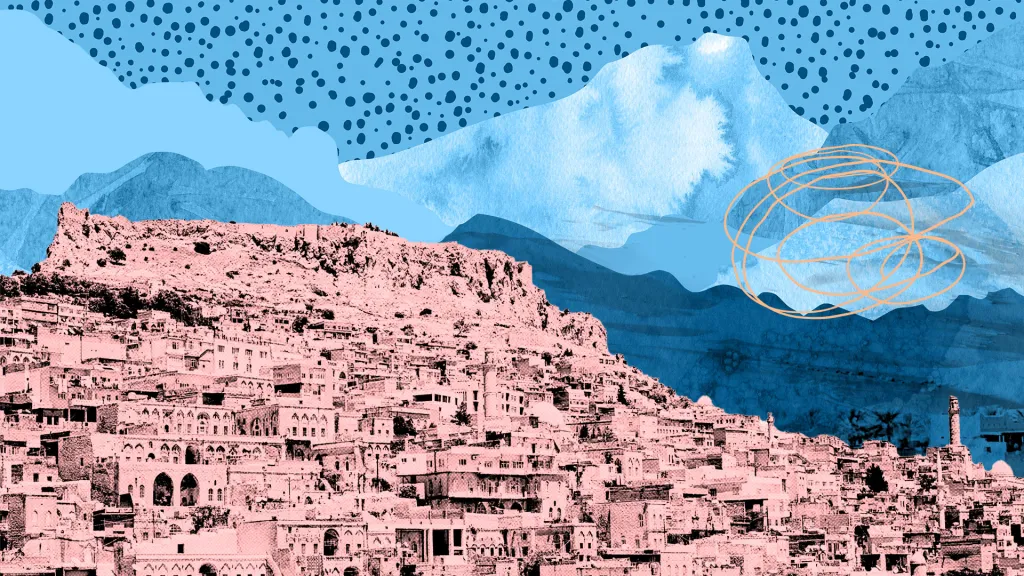Supporting growth and development in Egypt

Over the years, we have supported the work of several national institutions that play a key role in setting the development agenda for the country. For example, we helped strengthen the institutional capacity of the National Institute of Planning, the National Center for Translation, and the Information and Decision Support Center of the Cabinet of Ministers. We also assisted the National Council for Population in leading a series of consultations that informed national strategies on population and sexual and reproductive health.
Another important collaboration with national institutions has been our support of the diplomatic sector. In partnership with the Ministry of Foreign Affairs, we have helped young Egyptian diplomats to meet with and learn from other diplomats and representatives of national and international institutions of peace and development in Washington, DC and New York. We have also helped young diplomats to experience the culture, economics, and politics of other countries of the Nile Basin, including Ethiopia, Kenya, and Uganda to foster good Egyptian-African relations. Lastly, we supported the Cairo Center for Conflict Prevention, a leading institution on the global discourse on peace and development and training center for African diplomats.
We recognize the role that academic institutions play in development and have maintained a longstanding relationship with Cairo University. At the School of Engineering, we provided 12 years of support to the Pathways program that expanded basic management and leadership skills for more than 28,000 female and male university students from over 20 national universities across Egypt. We helped the economics and political science faculty obtain accreditation for its programs, leading to collaboration with universities throughout Europe and the United States. Our grants to the faculty of arts supported its efforts to integrate social sciences and encourage multidisciplinary social science research.
We have also supported the American University in Cairo (AUC) to better serve the public good and partner with public universities. For example, we helped AUC develop interactive and participatory training modules for young diplomats at the Diplomatic Institute of the Ministry of Foreign Affairs. With our support, AUC launched a double master’s program in public policy for graduate students of public universities, preparing them to return to their public institutions as junior faculty. Similarly, our grants to AUC’s Social Research Center helped bring its flagship training courses in public and reproductive health to public universities and embark on a program to encourage public universities to explore ways to serve their surrounding communities.
Healthy cooperation between government and civil society is a cornerstone of sustainable development, and we have made several grants that support partnerships to improve the services provided at the local level. For example, we supported a pioneering program between CARE International and the National Social Fund for Development, which enhanced the capacities of fund employees and local civil society, so they could partner to monitor the creation of jobs through World Bank-supported infrastructure projects.
As we shift our focus to address inequality, we are proud to continue our long legacy of supporting sustainable development in Egypt and across the Middle East and North Africa.